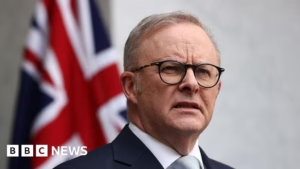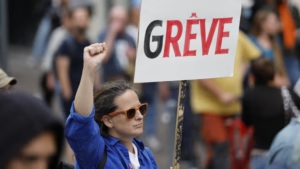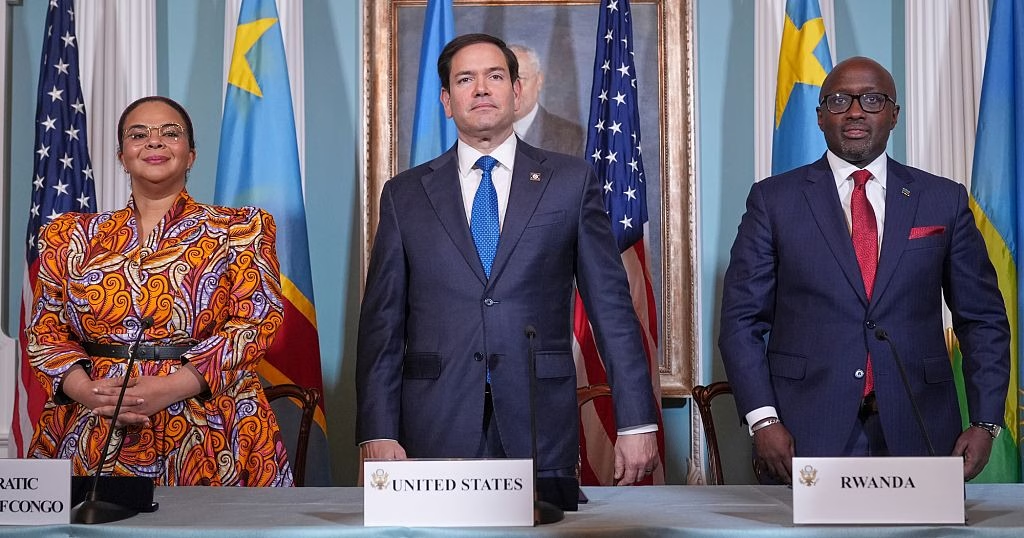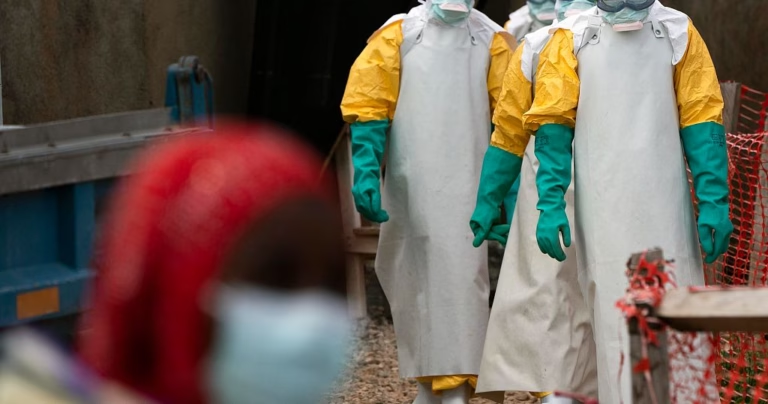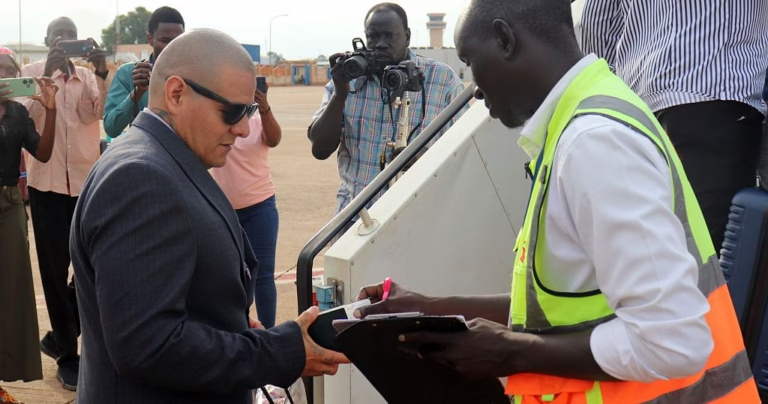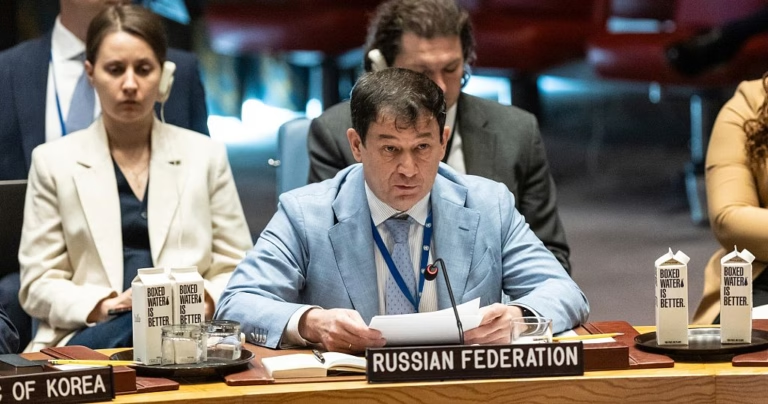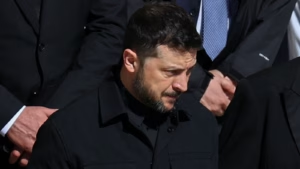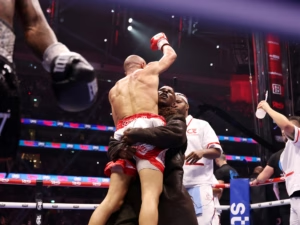
<
div>
On Friday, Secretary of State Marco Rubio witnessed the signing of a pledge by Congo and Rwanda to work towards a peace deal that would facilitate U.S. access to critical minerals in resource-rich eastern Congo, thereby bringing U.S. influence to bear on a minerals trade that has fueled conflict for three decades.
Rubio’s presence at the Washington ceremony with his Central African counterparts marks an initial step in the Trump administration’s push to refocus U.S. foreign policy on transactions of direct financial or strategic benefit to the United States.
Congo and Rwanda hope U.S. involvement — and the promise of significant investment, contingent on sufficient security for U.S. companies to operate safely in eastern Congo — will help quell the ongoing fighting and militia violence that have resisted peacekeeping and negotiation efforts since the mid-1990s.
However, there is a risk that U.S. involvement might exacerbate militia violence, corruption, exploitation, and human rights abuses associated with the mining and trade of eastern Congo’s minerals.
“A lasting peace … will pave the way for greater U.S. and broader Western investment, which will bring about economic opportunities and prosperity,” Rubio stated, emphasizing that this would “support President Trump’s prosperity agenda for the world.”
Congo is the world’s leading producer of cobalt, a mineral essential for lithium-ion batteries used in electric vehicles and smartphones. It also has significant gold, diamond, and copper reserves.
Congolese President Felix Tshisekedi has been seeking a deal with the Trump administration that would grant the U.S. improved access to his country’s resources in exchange for U.S. assistance in calming hostilities.
Eastern Congo has been plagued by conflict for decades, with over 100 armed groups competing for control in the mining regions near the border with Rwanda. This has resulted in one of the world’s worst humanitarian crises, displacing over 7 million people, including 100,000 who fled their homes this year.
Conflict in eastern Congo is believed to have claimed 6 million lives since the mid-1990s, following the Rwanda genocide. Some of the ethnic Hutu extremists responsible for the 1994 killing of approximately 1 million ethnic Tutsis and Hutu moderates later fled to eastern Congo, sparking proxy battles between rival militias aligned with the two governments.
“Today marks not an end but a beginning,” stated Congolese Foreign Minister Therese Kayikwamba Wagner before signing the agreement, which commits Rwanda and Congo to draft a peace accord, improve security, create a favorable business environment, facilitate the return of the displaced, and achieve other objectives.
“The good news is there is hope for peace,” she remarked. “The real news is peace must be earned.”
She directed part of her comments to the civilians of eastern Congo, who have suffered greatly due to the fighting: “We know you are watching this moment with concern, with hope and, yes, with doubt. You deserve actions that match the suffering you have endured.”
Rwandan Foreign Minister Olivier Nduhungirehe said the two rival governments are now addressing the underlying causes of hostility, primarily security and the ability of refugees to return home.
“Importantly, we are discussing how to build new regional economic value chains that link our countries, including with American private sector investment,” he stated.
Trump’s senior adviser for Africa, Massad Boulos, played a key role in brokering the U.S. involvement in promoting security in eastern Congo, with potential investments reaching billions of dollars.
The reaction from Congolese civil society on Friday was a mix of hope and skepticism.
Christophe Muisa, a rights advocate in Goma, expressed concern that the U.S. stands to gain the most from the deal and urged his government not to “subcontract its security.”
Georges Kapiamba, the president of the Congolese Association for the Access to Justice, supported the mineral-and-security deal with the U.S. but worried that his government could misallocate the proceeds.
Three months into Trump’s second term, his administration and Republican lawmakers have fulfilled promises to narrow U.S. diplomacy and foreign assistance to agreements that primarily serve their view of U.S. strategic and financial interests. The administration has terminated thousands of U.S. aid and development workers and programs that aimed for
Source: http://www.africanews.com/2025/04/26/us-secretary-rubio-oversees-congo-rwanda-deal-to-ease-mineral-conflict/
